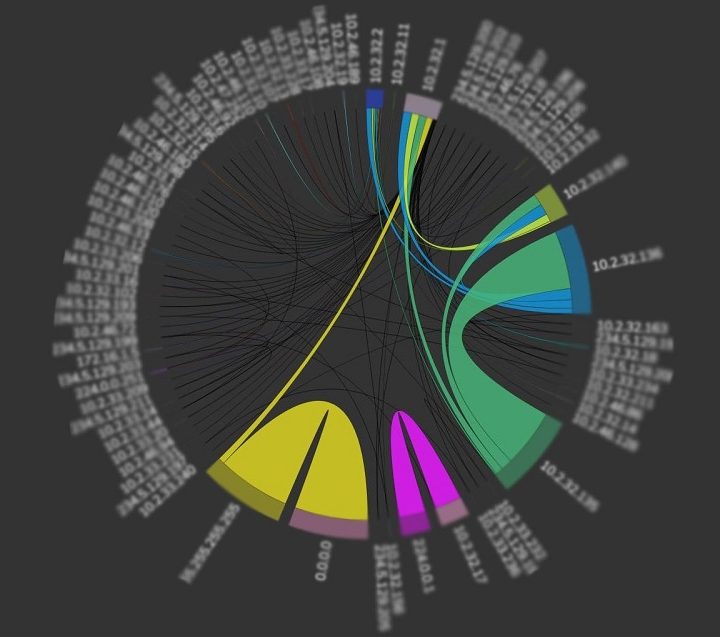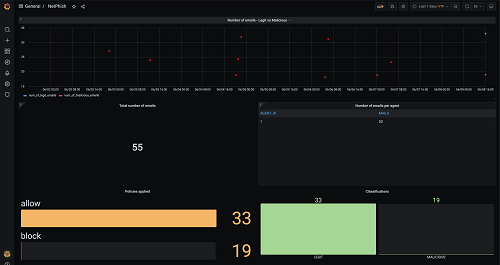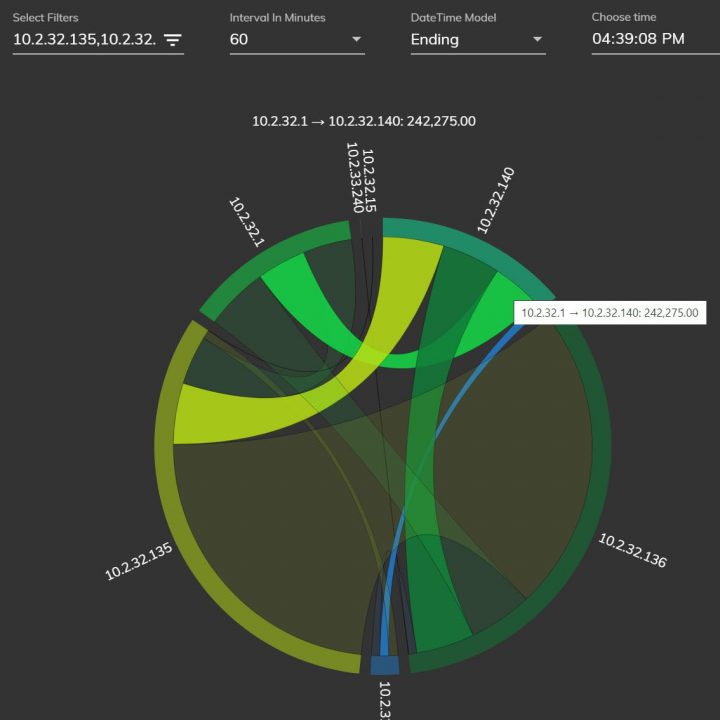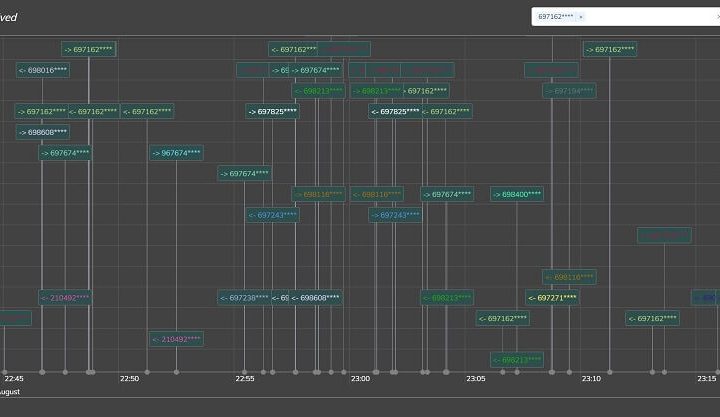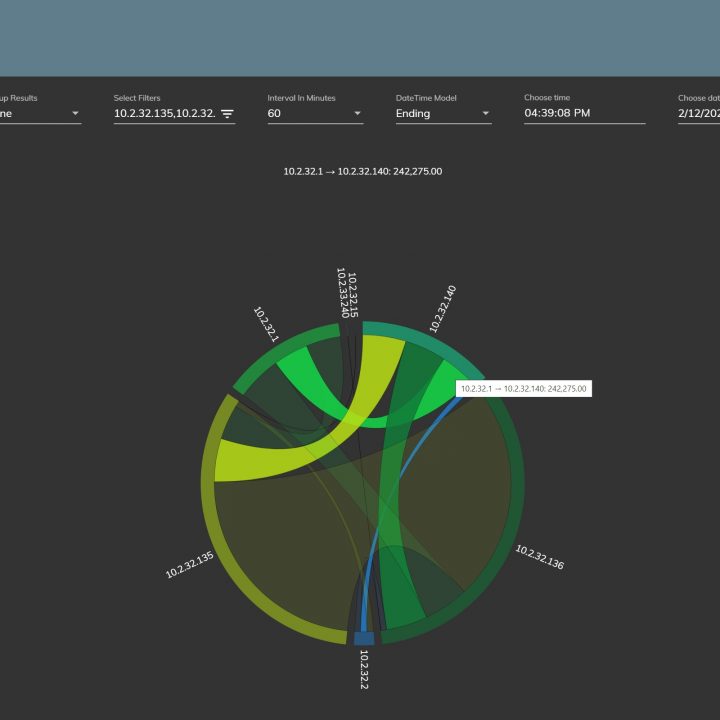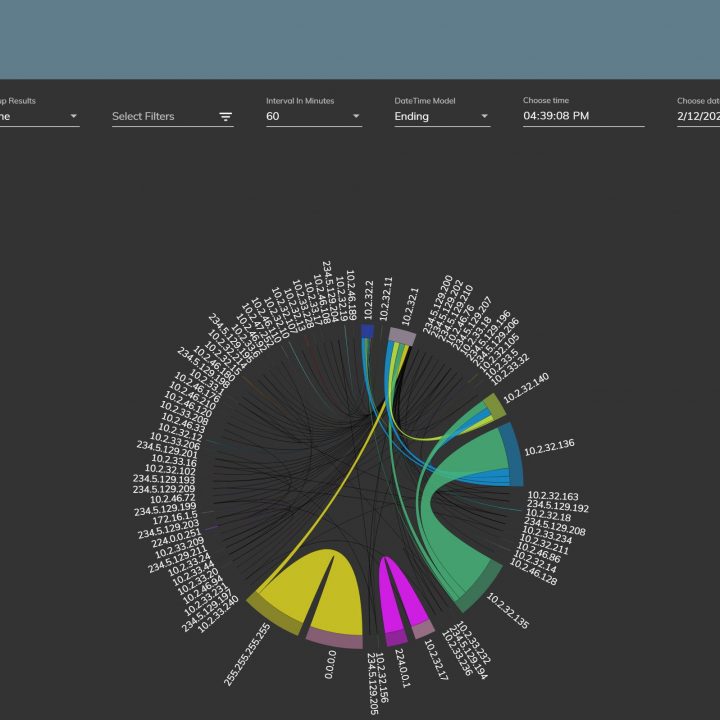Shaping a sharing economy: Amsterdam
The initiative
Amsterdam city has developed a proactive approach to the sharing economy to support the goals of its ‘living’ Sharing Economy Action Plan which is designed to enable the city, businesses and residents to reap the benefits from sharing platforms, while also identifying and mitigating unintended risks.
The plan sits alongside the city’s circular economy activities, recognising that the sharing economy opens up opportunities to make better use of materials and resources. Multiple innovations have sprung from it that increase access to and use of public and private assets, including the sharing of household items, space, modes of transport, and even food. Several of these activities have also led to closer connections forming between residents.
Time frame
The plan was first developed by the 2014-2018 City Board and continues to evolve to take account of new developments and administration changes.
Focus area
The Action Plan looks into multiple activities including housing, office space and product sharing opportunities and individual and integrated sharing-mobility modes.
Core team and external participants
The Action Plan was developed and stewarded by a strategy and coordination team of five people within Amsterdam city government. In keeping with the original idea of mainstreaming the plan across city departments, the strategy team has reduced to two people as relevant departments take on ownership.
Finance
Individual initiatives and pilots are funded by the relevant city department from existing budgets.
Outcomes to date
The city’s Sharing Economy Action Plan sits alongside other city initiatives, such as StartupAmsterdam, that are designed to grow and improve the startup and business environment in Amsterdam. There are currently over 150 sharing economy platforms active in Amsterdam. Local platforms include, for example:
- Peerby – an app that connects people who need to borrow or rent an item
- MotoShare – an app that connects motorbike and car owners to those in need of temporary use of one
- LENA – a ‘fashion library’ where customers can rent high quality fashion items on a one-off basis or gain access to the clothing offered via a subscription service
Amsterdam’s sharing platforms offer many advantages to the city and its residents, including:
- making use of public and private assets that would otherwise be underused
- opening up new business opportunities and revenue streams for individuals and businesses
- creating connections between residents and visitors that may not otherwise arise
Addressing lower participation amongst the elderly and low-income groups, Amsterdam continues to test the potential of the sharing economy to bring benefits to more people. In 2017, the city government ran a three month pilot, linking the Stadspas discount pass to Thuisafgehaald, a sharing platform that supports meal sharing, eliminates food waste and connects local communities. During the trial, more than 900 meals were collected by Stadspas holders through the platform, helping to meet nutritional needs, build local community connections and identify new opportunities to scale the service.
Encompassing and reflecting different city and citizen priorities has become a strong focus of thecity’s work. To develop this further, Amsterdam is applying for EU research funding to a framework of governmental interventions focused on how cities can work to make the sharing economy more inclusive, benefitting society more broadly.




